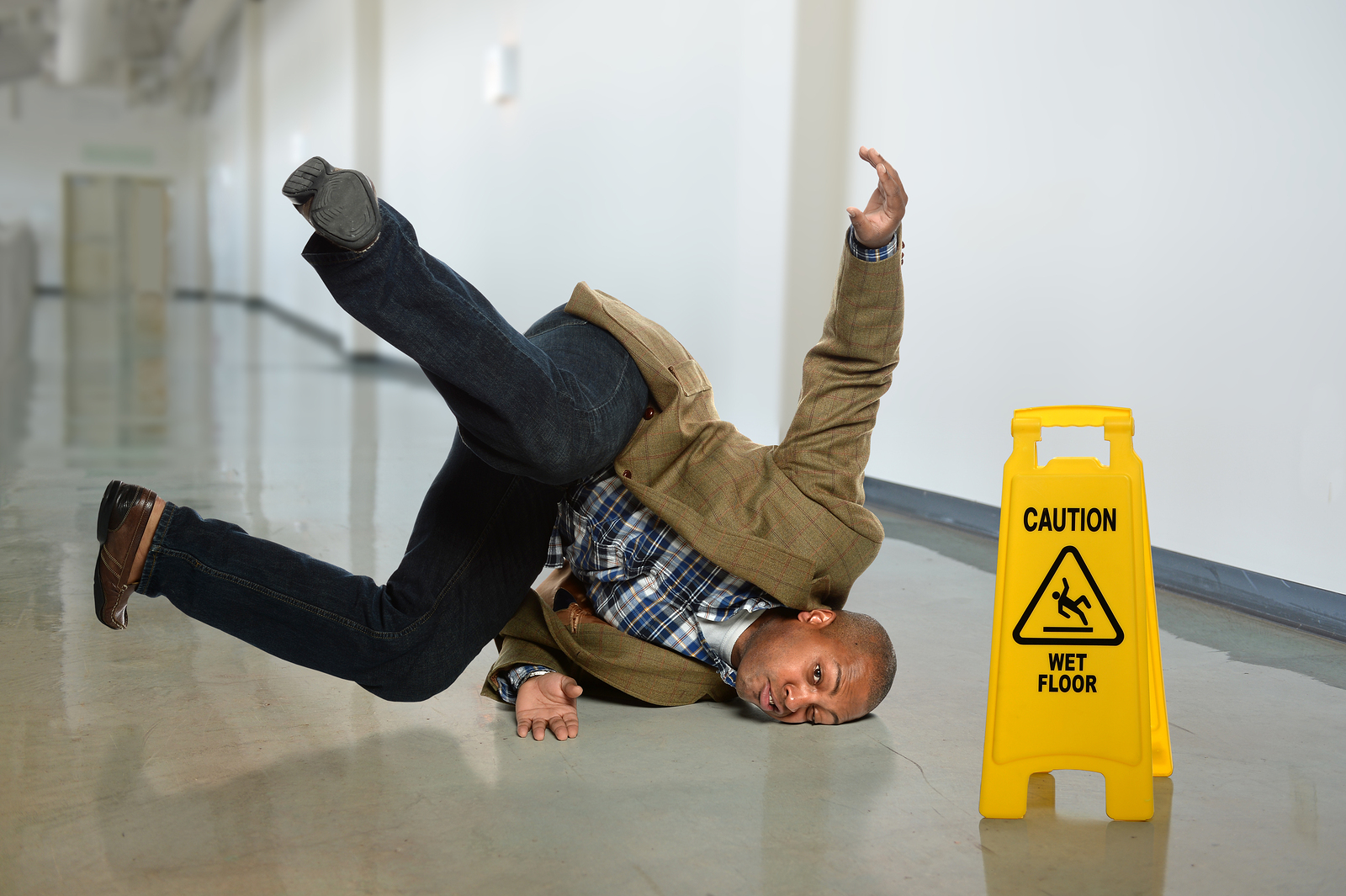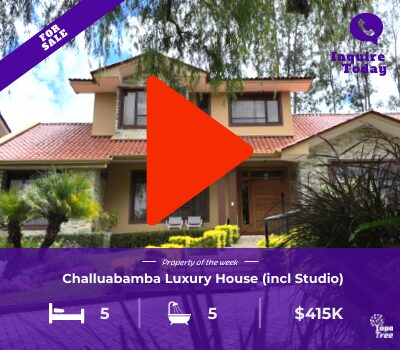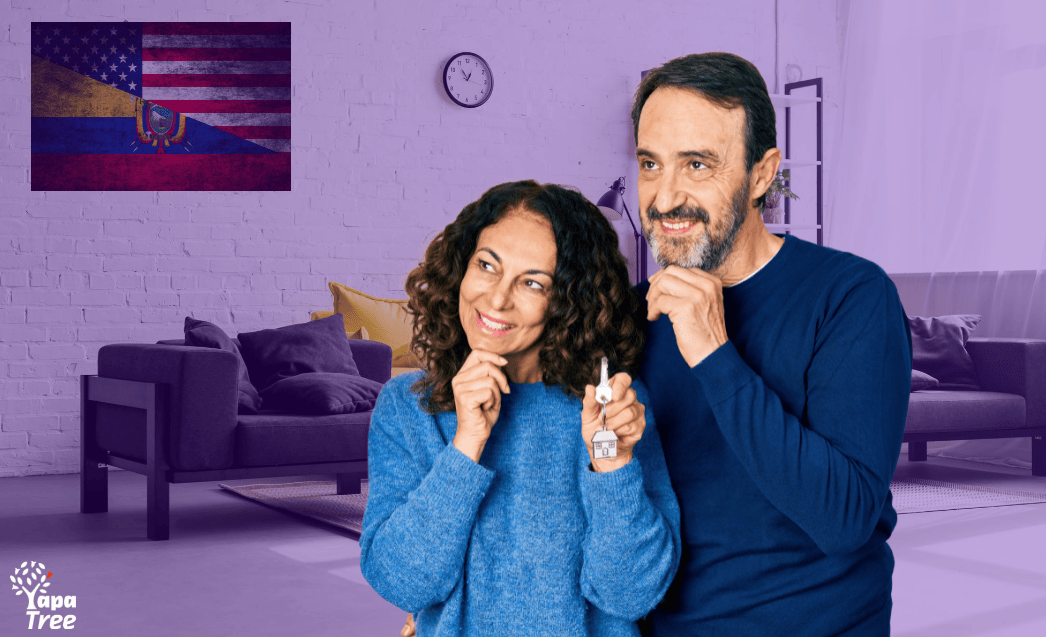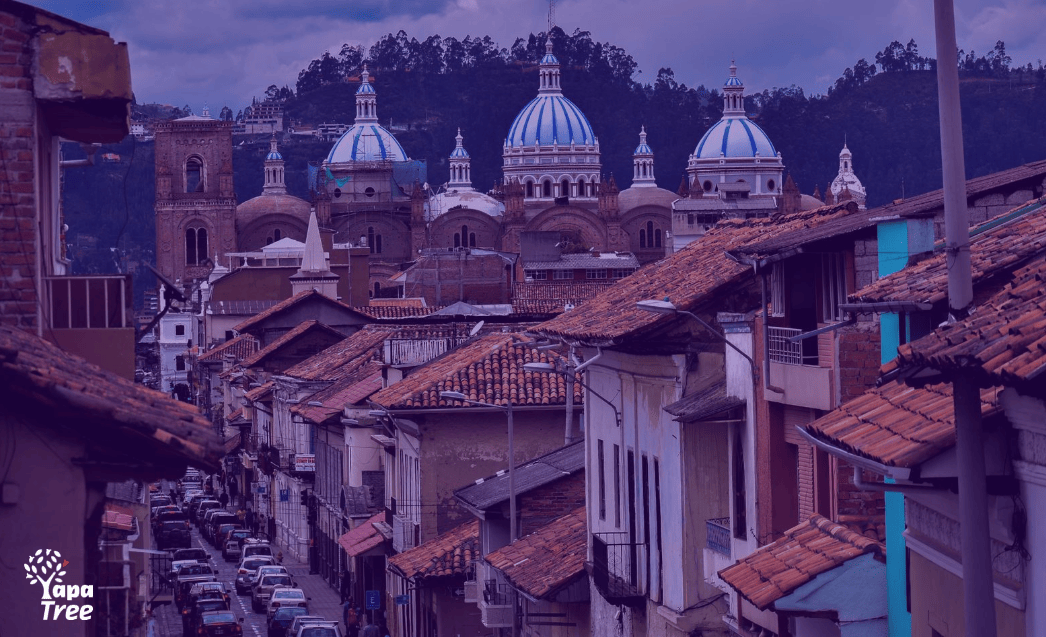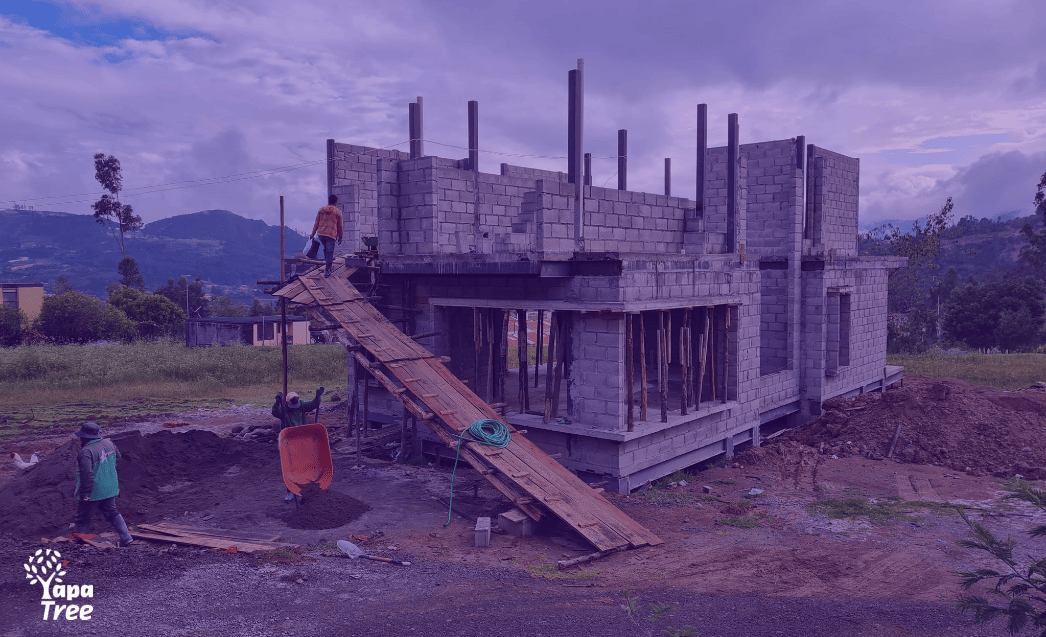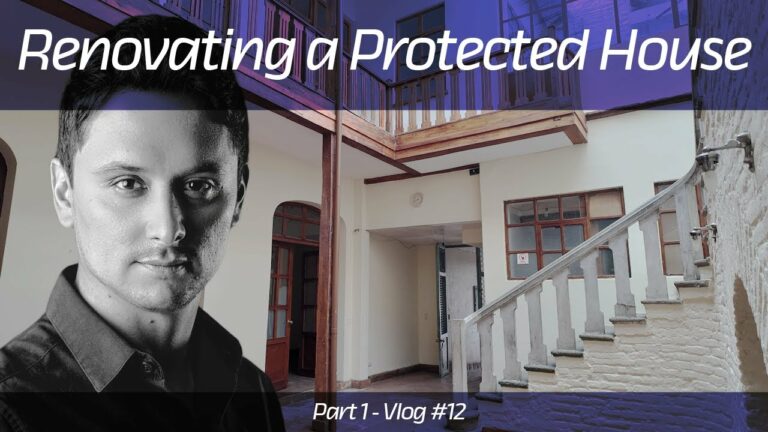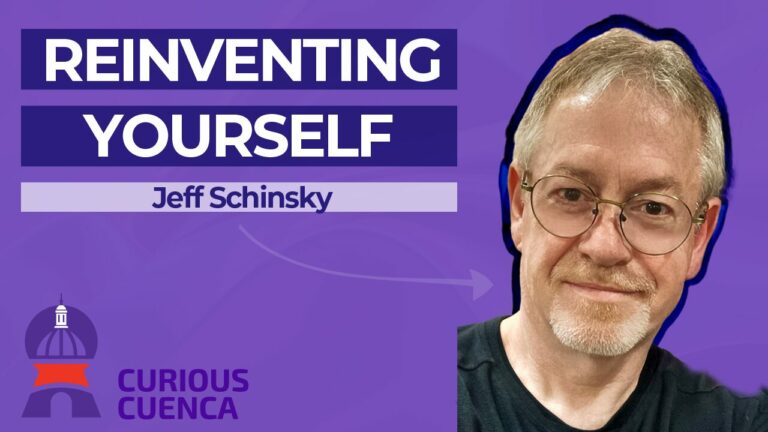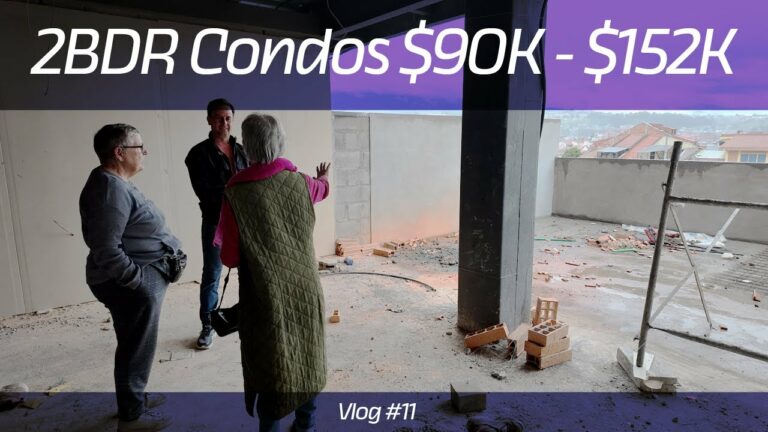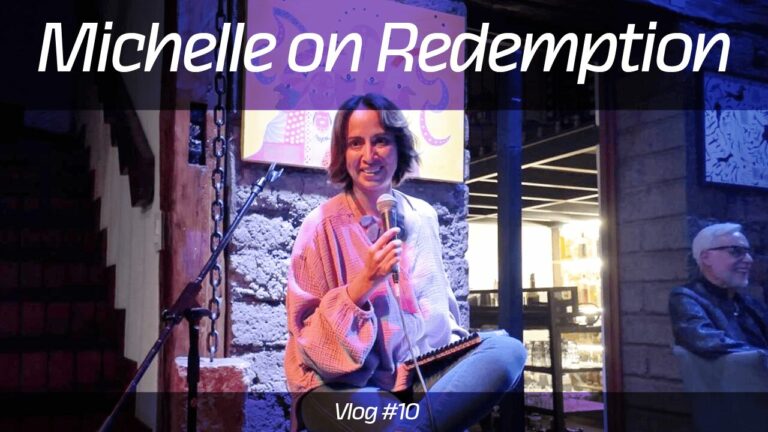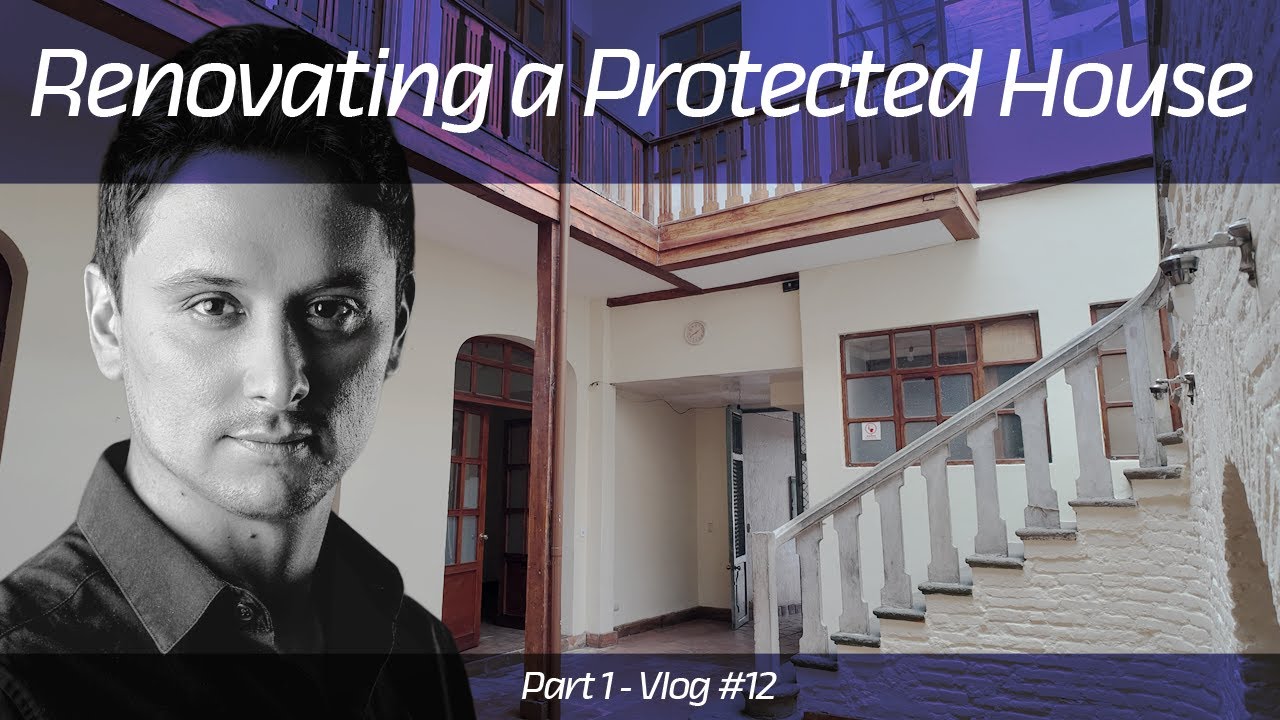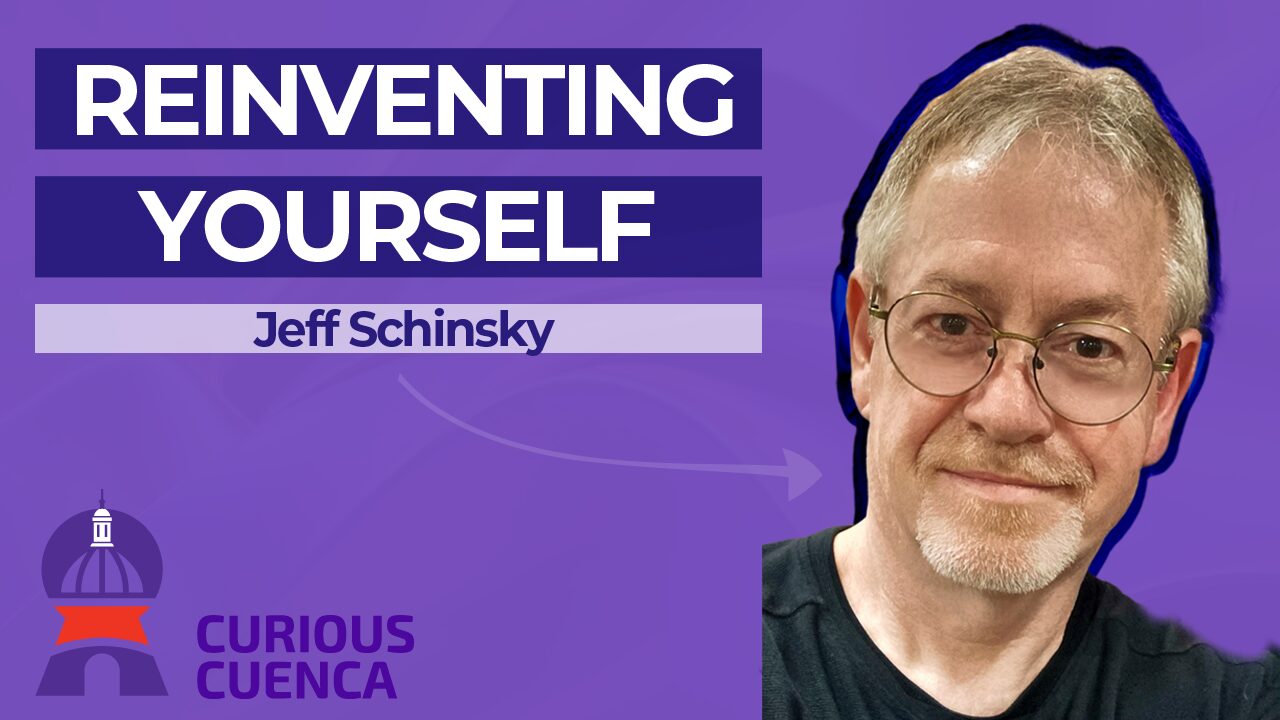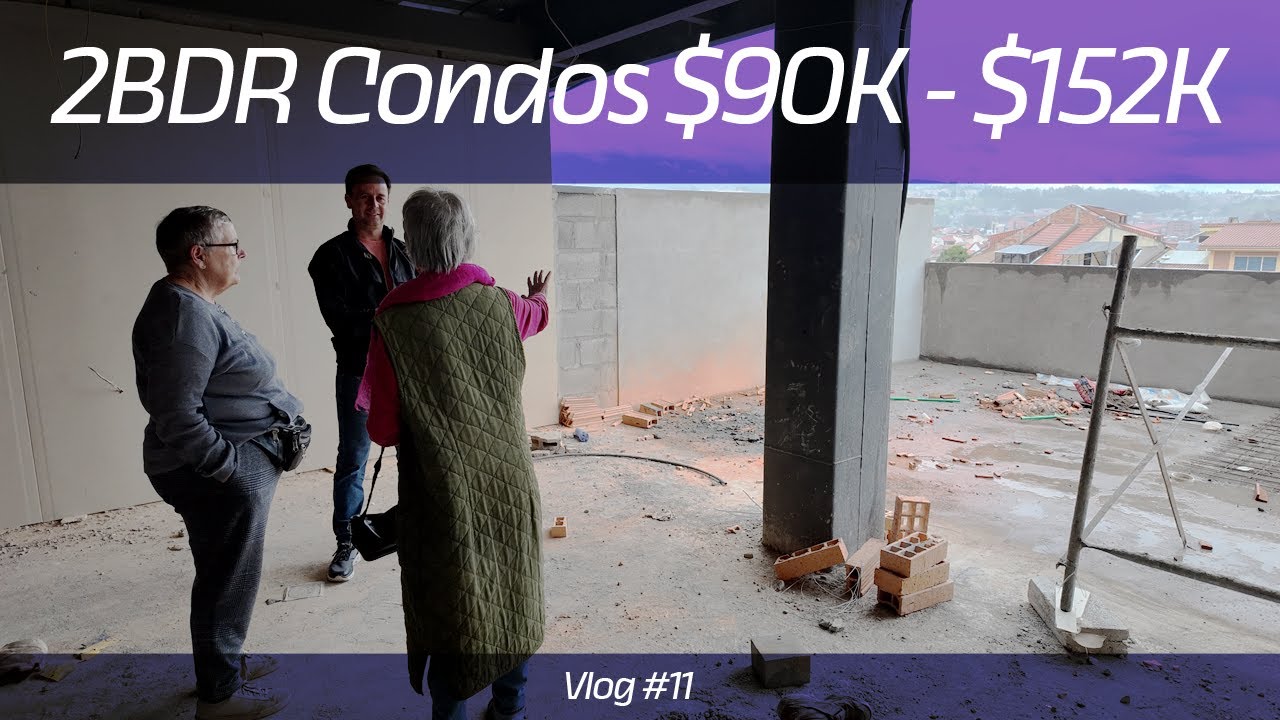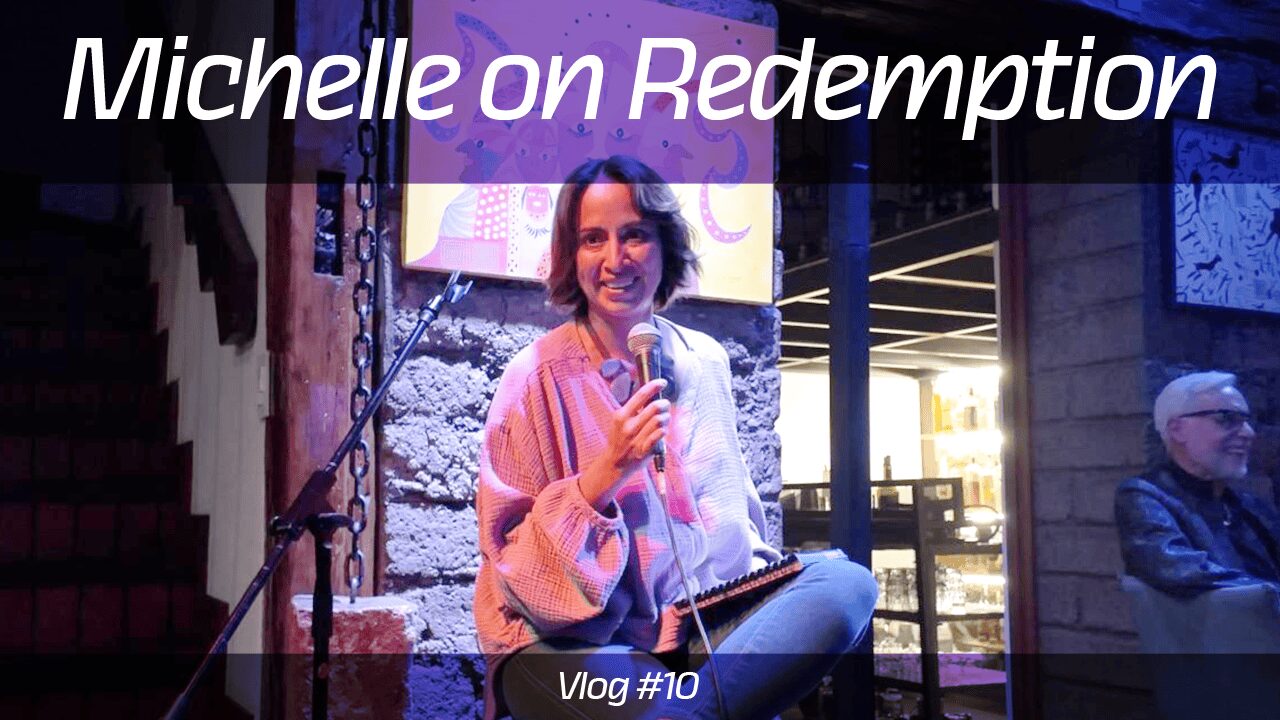You’ve landed! Now you are in Ecuador, and ready to enjoy the non-stop, everything-is-fun expat life. Because everything is 100% wonderful and fun, right? No problems, no worries as the only things that happen are good things, right?
Except sometimes, some of those bad things in the books and online articles actually come true for someone, but not you, right?
While Cuenca is a relatively safe place, accidents do happen, fires do start, and people sometimes need the help of police. Are you ready for the adventure? Buckle up and listen to a few of the things that have happened to people just like you – people who weren’t expecting anything out of the ordinary to happen.
While marvelling at some of the terrific architecture in downtown Cuenca, Ben & Gerry (not their real names) discovered something all too common – a metal signpost had been removed, but not all the way. About six inches were still sticking out of the sidewalk, and Gerry tripped over it, breaking her arm and taking a solid bump on the head. She eventually made it to a hospital that could and would help her, but only after visiting two others that would not accept her.
Between low hanging hazards, signposts, and flimsily-covered holes, sidewalks can be a high-hazard area for the unprepared. One of the advantages of Ecuador is that there are not personal-injury attorneys on each street corner, not even when one might be useful.
And then there are the charming buses. It has been suggested that the bus drivers belong in a special category all their own. They rarely stop where the people are waiting, and they often start moving again before everyone gets on or off. Most Cuenca expats have learned how to best manage the buses, but not without accumulating a few stories to tell.
Buses can also be ‘black holes’ where things like telephones and wallets like to disappear, never to be seen again. Cuenca has its share of traffic surveillance cameras, but they just can’t cover the inside of a bus. On the positive side, on the street the cameras have been used to identify thieves and recover goods – if you are able to act quickly, find the police, speak enough Spanish to describe the maleante and are carrying your good-luck charm (if it wasn’t taken).
No matter where we go, we take our health – good or bad – with us, and the effects of 8,000+ feet of elevation can sometimes come as a surprise to our heart, respiratory system, and our senses of balance and cognition. Quite a few folk have had to make emergency descents to lower elevations, taking the Cuenca dream with them.
A slip on the stairs, stepping off of a two-foot high curb, an architecturally-inspired bump on the head – all of these things and more can wake you abruptly from the expat dream.
Do you have a local doctor? Do you speak the same language? Have you investigated local hospital options? There are plenty of those stories to go around about expats who have gotten on the healthcare merry-go-round and have had difficulty getting off.
Most people don’t like to talk or think about unpleasant things that may happen in this, or any other expat destination, but it is a fact of life that they do happen. Foreknowledge enables one to be more prepared, and planning for the unexpected goes a long way toward minimizing emergencies when they do occur.
Fortunately, Cuenca does not have a serious crime problem at this time, but crime does exist. Most robberies occur when the residents are not home, and are opportunistic in nature, looking for goods that are easily carried away and fenced, such as cell phones, TVs, jewelry, and cash. Home invasions (while the occupants are home) are not common, and more often the result of planning and knowledge of where valuables are kept, such as a safe.
Street theft is common throughout Latin America, and often occurs when victims “look the part,” and make the mistake of carrying cameras, talking openly on smart phones, and wearing jewelry.
What to do when an emergency strikes? Whether it is health or police-related, most Cuenca residents are good about helping. Ecuador has a comprehensive 911 system for those who are proficient in Spanish, and Gringo911 (www.Gringo911.com) for those who are not.
But with health and safety issues, situational awareness is free and probably the best preventive medicine. Being aware of hazards (watch out for that hole in the sidewalk) and practicing consistent due diligence (but I thought I took the keys out of the front door) will keep you out of harm’s way more than anything you can do after the fact.
So stay alert, take care of yourself, don’t act like a tourist – and try to learn at least enough Spanish to communicate what you need. Be safe.
Gringo911 has offered a 10% discount to ALL Gringo Tree users. When you sign up online, just enter the code TREE when prompted

